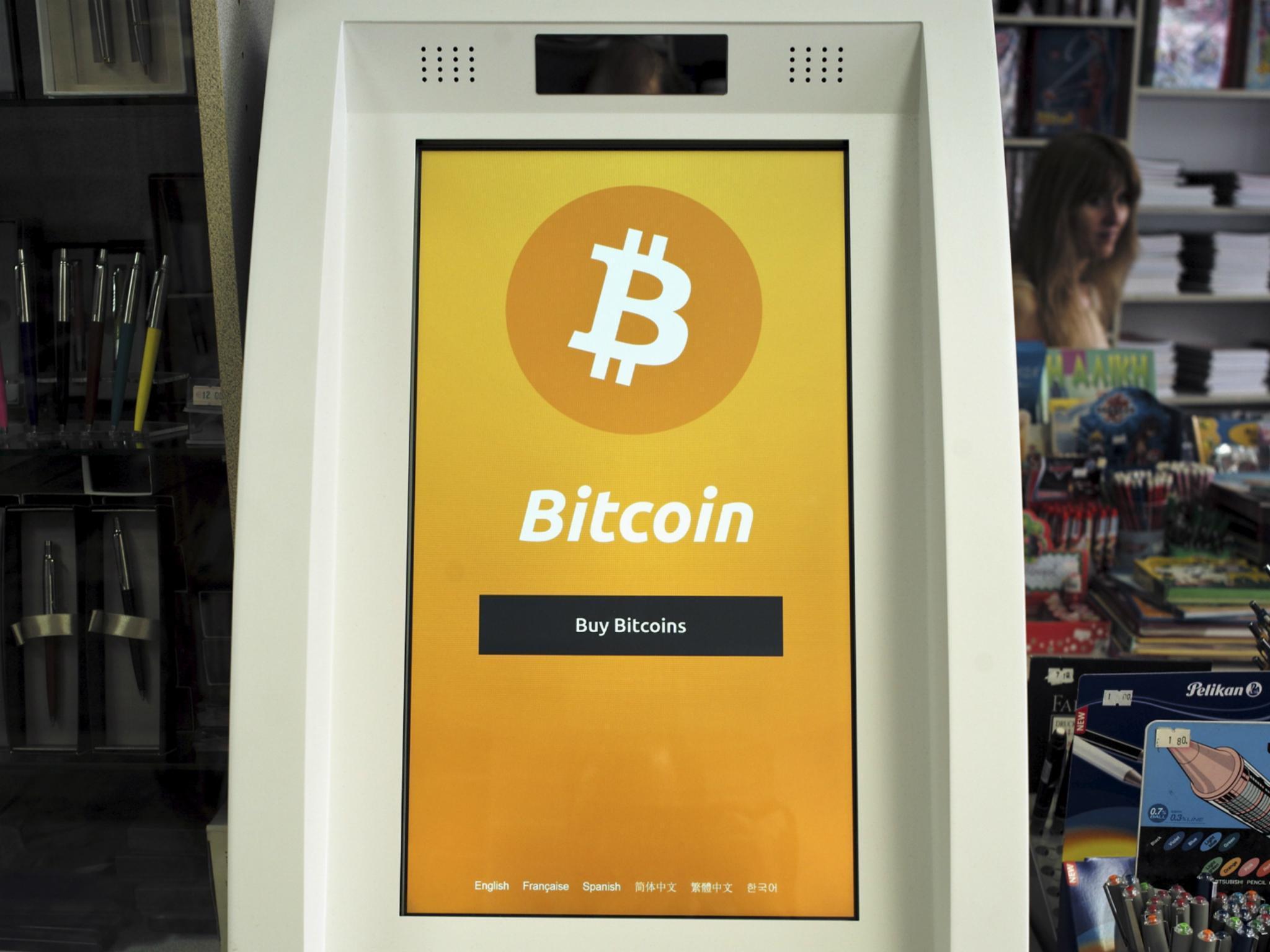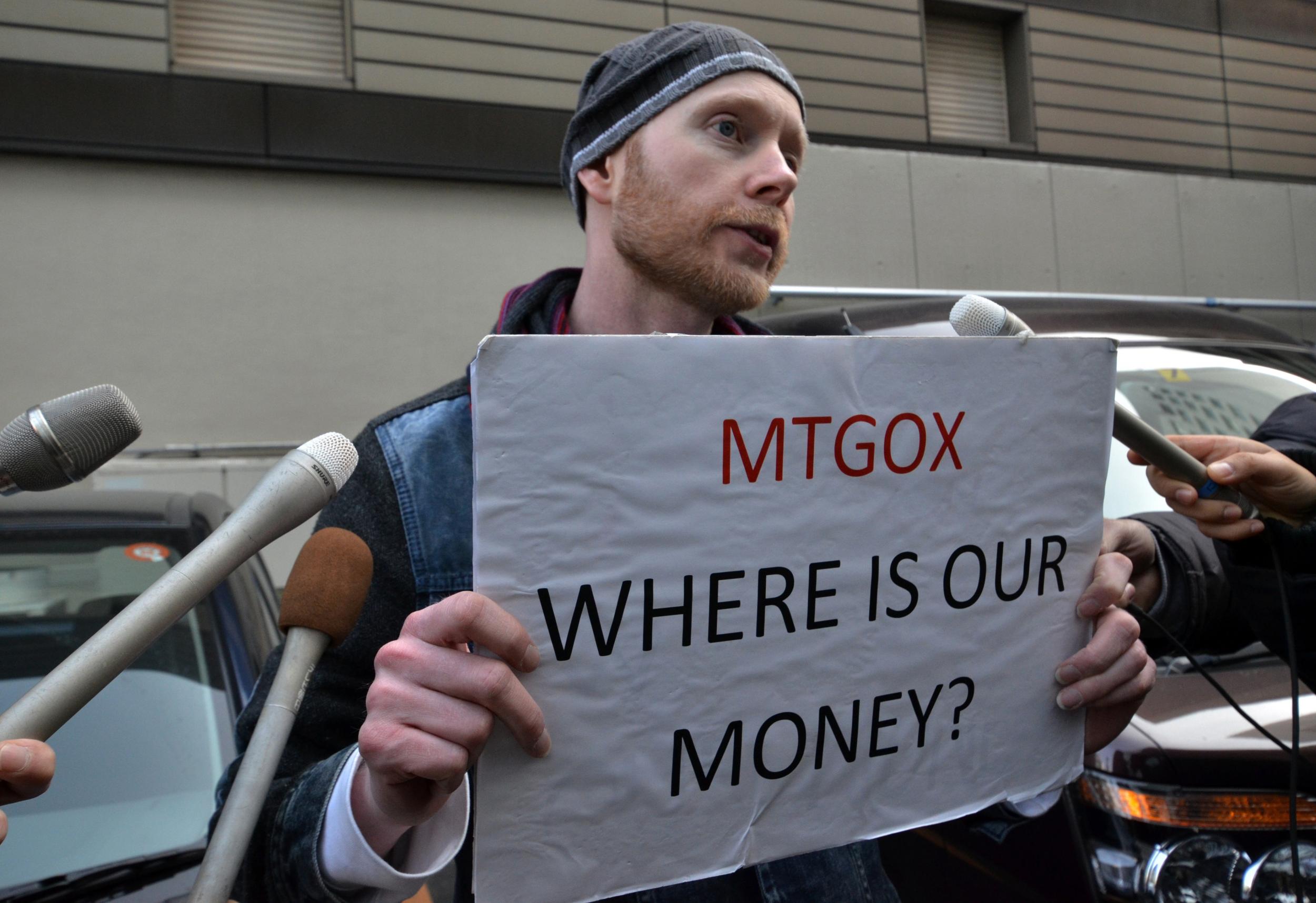North Korea is using cryptocurrency scams to bypass UN sanctions and fund its regime, report says
North Korea is using and exploiting cryptocurrencies to bypass international regulators and help financially support its regime, a new report has revealed.
Researchers from the cyber-threat intelligence firm Recorded Future attributed two separate cryptocurrency scams in 2018 to a network of “North Korea-enablers” in Singapore, both of which were designed to con investors and funnel funds into the country.
One of the scams relates to the cryptocurrency ‘hold’, which was listed on and removed from a series of exchanges in 2018, before eventually rebranding to ‘huzu’. The authors of the report say the cryptocurrency “left its investors high and dry.”


1/8 Satoshi Nakamoto creates the first bitcoin block in 2009
On 3 January, 2009, the genesis block of bitcoin appeared. It came less than a year after the pseudonymous creator Satoshi Nakamoto detailed the cryptocurrency in a paper titled ‘Bitcoin: A peer-to-Peer Electronic Cash System’
Reuters

2/8 Bitcoin is used as a currency for the first time
On 22 May, 2010, the first ever real-world bitcoin transaction took place. Lazlo Hanyecz bought two pizzas for 10,000 bitcoins – the equivalent of $90 million at today’s prices
Lazlo Hanyecz

3/8 Silk Road opens for business
Bitcoin soon gained notoriety for its use on the dark web. The Silk Road marketplace, established in 2011, was the first of hundreds of sites to offer illegal drugs and services in exchange for bitcoin

4/8 The first bitcoin ATM appears
On 29 October, 2013, the first ever bitcoin ATM was installed in a coffee shop in Vancouver, Canada. The machine allowed people to exchange bitcoins for cash
REUTERS/Dimitris Michalakis

5/8 The fall of MtGox
The world’s biggest bitcoin exchange, MtGox, filed for bankruptcy in February 2014 after losing almost 750,000 of its customers bitcoins. At the time, this was around 7 per cent of all bitcoins and the market inevitably crashed
Getty Images

6/8 Would the real Satoshi Nakamoto please stand up
In 2015, Australian police raided the home of Craig Wright after the entrepreneur claimed he was Satoshi Nakamoto. He later rescinded the claim
Getty Images

7/8 Bitcoin’s big split
On 1 August, 2017, an unresolvable dispute within the bitcoin community saw the network split. The fork of bitcoin’s underlying blockchain technology spawned a new cryptocurrency: Bitcoin cash
REUTERS

8/8 Bitcoin’s price sky rockets
Towards the end of 2017, the price of bitcoin surged to almost $20,000. This represented a 1,300 per cent increase from its price at the start of the year
Reuters

1/8 Satoshi Nakamoto creates the first bitcoin block in 2009
On 3 January, 2009, the genesis block of bitcoin appeared. It came less than a year after the pseudonymous creator Satoshi Nakamoto detailed the cryptocurrency in a paper titled ‘Bitcoin: A peer-to-Peer Electronic Cash System’
Reuters

2/8 Bitcoin is used as a currency for the first time
On 22 May, 2010, the first ever real-world bitcoin transaction took place. Lazlo Hanyecz bought two pizzas for 10,000 bitcoins – the equivalent of $90 million at today’s prices
Lazlo Hanyecz

3/8 Silk Road opens for business
Bitcoin soon gained notoriety for its use on the dark web. The Silk Road marketplace, established in 2011, was the first of hundreds of sites to offer illegal drugs and services in exchange for bitcoin

4/8 The first bitcoin ATM appears
On 29 October, 2013, the first ever bitcoin ATM was installed in a coffee shop in Vancouver, Canada. The machine allowed people to exchange bitcoins for cash
REUTERS/Dimitris Michalakis

5/8 The fall of MtGox
The world’s biggest bitcoin exchange, MtGox, filed for bankruptcy in February 2014 after losing almost 750,000 of its customers bitcoins. At the time, this was around 7 per cent of all bitcoins and the market inevitably crashed
Getty Images

6/8 Would the real Satoshi Nakamoto please stand up
In 2015, Australian police raided the home of Craig Wright after the entrepreneur claimed he was Satoshi Nakamoto. He later rescinded the claim
Getty Images

7/8 Bitcoin’s big split
On 1 August, 2017, an unresolvable dispute within the bitcoin community saw the network split. The fork of bitcoin’s underlying blockchain technology spawned a new cryptocurrency: Bitcoin cash
REUTERS

8/8 Bitcoin’s price sky rockets
Towards the end of 2017, the price of bitcoin surged to almost $20,000. This represented a 1,300 per cent increase from its price at the start of the year
Reuters
A second scam involved a blockchain application called Marine Chain Platform and its initial coin offering (ICO) crowdfunding efforts.
“We came across discussions of Marine Chain as a cryptocurrency in a couple of bitcoin forums in August 2018,” the researchers wrote in their report, titled ‘Shifting patterns in internet use reveal adaptable and innovative North Korean ruling elite’.
“Marine Chain was supposedly an asset-backed cryptocurrency that enabled the tokenisation of maritime vessels for multiple users and owners.”
An extensive investigation into the company and its alleged employees revealed with “high confidence” that it was in fact a scam conducted on behalf of North Korea.
North Korean hackers have previously been blamed for a cyber attack on South Korean bitcoin exchange Youbit last year, which resulted in the theft of around $72 million-worth of cryptocurrency. This interest in cryptocurrency was further highlighted in 2017 when the Pyongyang University of Science and Technology invited foreign experts to lecture students on the technology.
The mining of cryptocurrency by hijacking foreign computers has also been attributed to North Korea, with the funds funnelled into the country through the state university. Earlier this year, researchers at cyber security firm Alien Vault discovered the so-called ‘cryptojacking’ malware, saying that cryptocurrency offered a “financial lifeline” to a regime hit hard by sanctions.
The latest report suggests that the mining of bitcoin and monero is ongoing, though remains relatively small scale.
“Broadly, these types of cryptocurrency scams fit the template of low-level financial crime described by defectors, that has plagued South Korea for years and the international community is just beginning to track,” Recorded Future’s report into the cryptocurrency scams concluded.
“It is a natural step for both a group of actors that has been so embedded in the cryptocurrency world for years and for a network that is being forced to innovate new funding streams to counter the effects of international sanctions.”
Original Source
